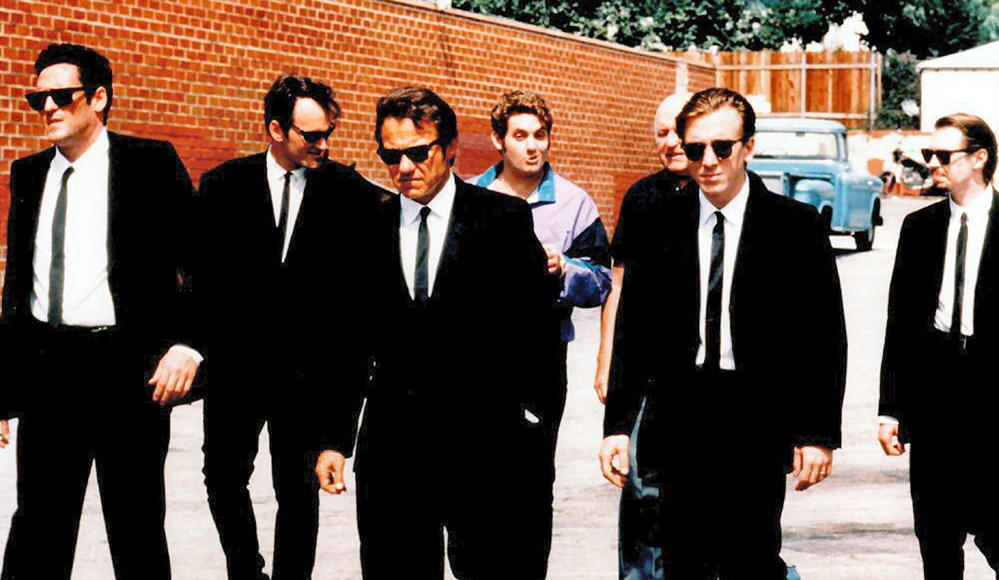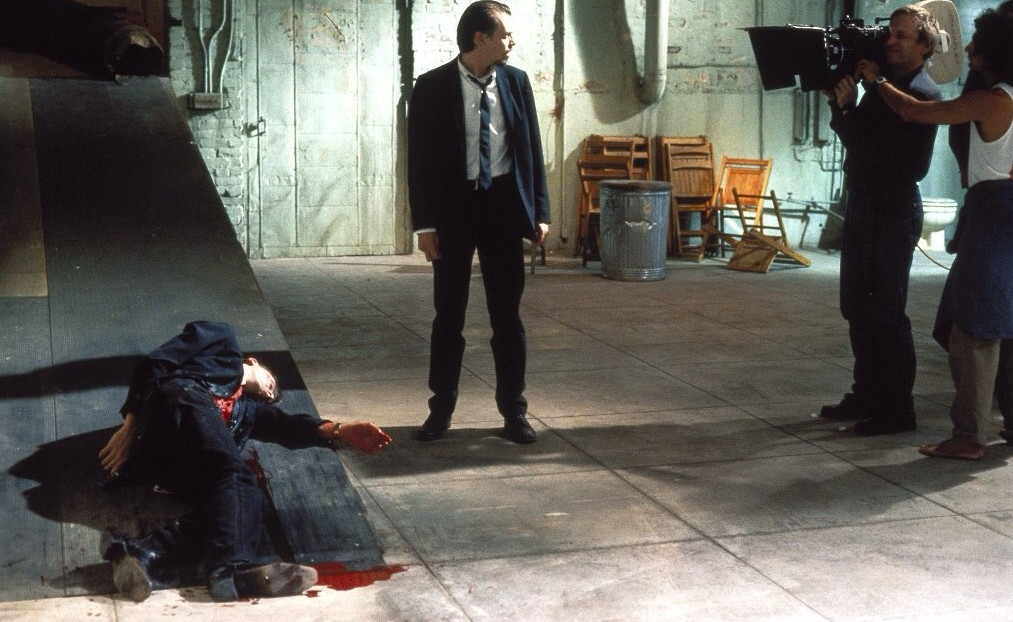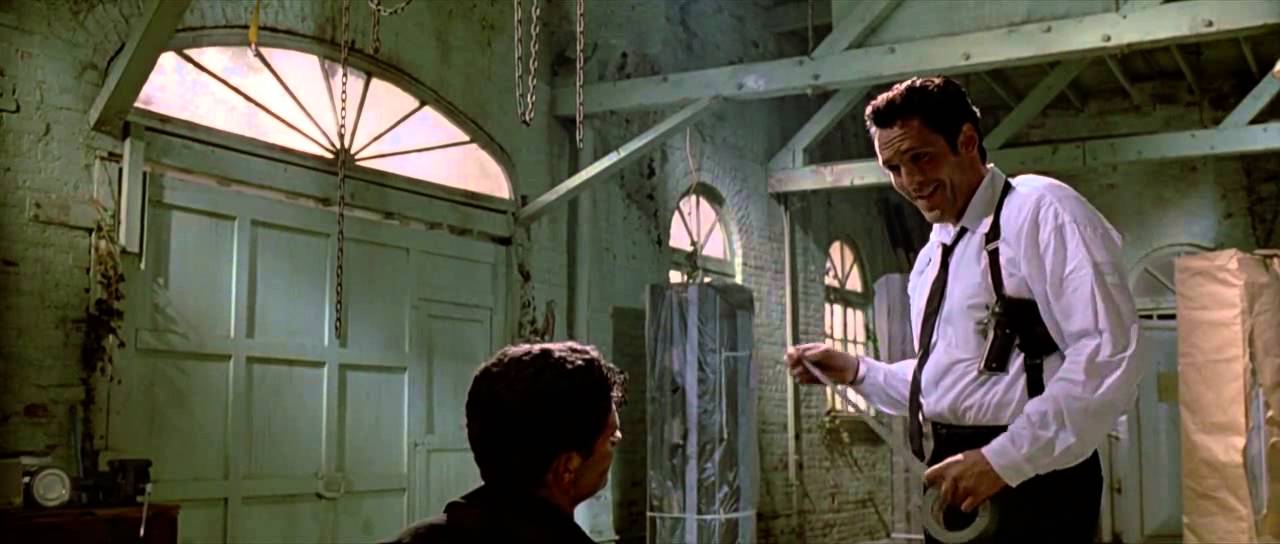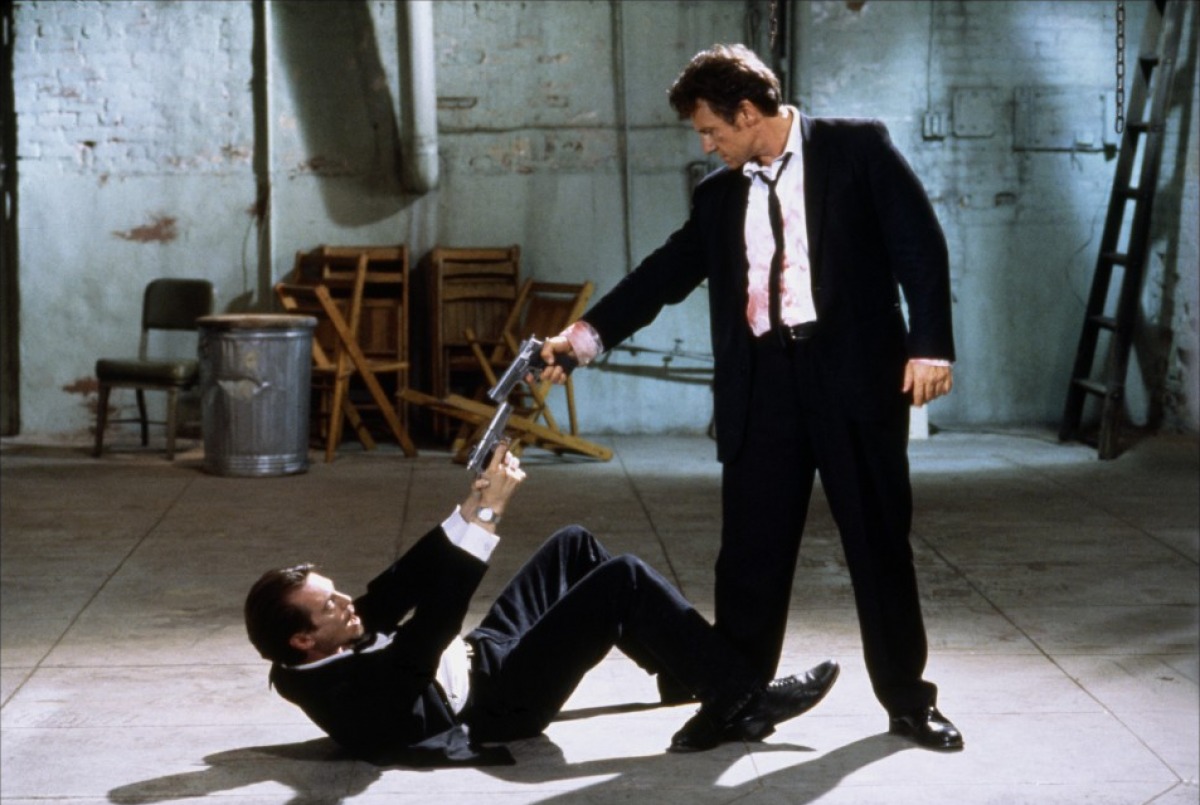
Quentin Tarantino is one of the most popular directors of our time, and this result comes from his accomplishment of many extraordinary things. One of them is that he is constantly making art films, which are totally accessible to all audiences.
However, as it is logical, the beginning of his career was difficult and as a matter of fact, he has been one (lucky or clever or both) director who made the right choices in order to succeed. Of course, nothing would be possible if his first feature film “Reservoir Dogs” (1992) had not happened.
As an inspiration to everyone who loves cinema and dreams to be a filmmaker (film student or not), Quentin Tarantino is without a doubt a study-worthy director. “Reservoir Dogs” can especially be considered an important case of study for anyone who aspires to make a successful debut feature film that will launch him or her to the top of the cinema world. Thus, here are nine things “Reservoir Dogs” can teach you about making your first feature film.
1. Know your budget limits

First of all, everyone can see that Tarantino wrote “Reservoir Dogs” to be cheap. The key to the success of a first film is to write for a small budget. Don’t try and write a large film that requires a lot of money to be made properly, because no one will trust you if you are just a first-time filmmaker.
Consider also that you will probably not have the experience to make the best out of it. As Tarantino himself has said: “If you want to do a Western or something for your first film, and you want to do one of the greatest Westerns ever made, well, that’s a tall order. Saying you’re going to make one of the greatest gangster movies ever made for your first film, well, that’s kind of a tall order.”
Instead of that, try to write something small. Tarantino was clever and replaced action sequences with dialogue, camera angles that implied more than we saw, and used only one main location. It is possible that he would have not made “Pulp Fiction” (1994) if he’d tried to make “True Romance” or “Natural Born Killers” first. Yes, the budget of the film ($1.2 million) is still a lot of money, but Tarantino didn’t know he would have it while writing it, along with talented actors and a full crew.
2. Don’t be afraid to break the rules

Tarantino is widely known for breaking traditional screenwriting rules, and his first film was no exception. The reason this list takes into account the screenplay of “Reservoir Dogs” is not for analyzing how Tarantino did it or why he did it, but that he was bold enough to do it anyway.
“Reservoir Dogs” is such a unique movie because it breaks up the traditional heist three-act structure, where the first act is planning the heist, the second is the heist itself, and the third act is the unraveling of the plot.
Tarantino throws this theory out the window and instead chooses a narrative that has his characters recounting the incidents of the heist and pointing fingers at what went wrong and who is the rat, but we never see it. We never know what really happened in that jewelry store, and we rely on Mr. Blonde, Mr. White and Mr. Pink to tie it all together. By the end we know all the important details without ever having seen the heist.
The thing is that Tarantino wrote something initiative, something he would like to see on screen. Most filmmakers, unfortunately not only first-time filmmakers, make movies so hurtfully disposable in the fear of not being interesting enough, or not getting the job if they’re unconventional, or just in order to please the producers who trusted them.
As a result, their fear actually becomes reality. They are forgotten immediately and sometimes they even don’t work again because of their first mediocre film. This doesn’t mean that you have to make only unconventional films, but it means that you have to try hard and most importantly, believe what you have to say is important and at least equally interesting with what Spielberg has to say.
3. Choose your cast carefully

Some say that the most important job a director has to do is to properly cast his roles. Of course, your first feature probably won’t have Leonardo DiCaprio in the leading part, but this doesn’t mean you can’t find the right people for the special personality of each character of your film. However, sometimes even if you find the right people, you might give them the wrong part and that’s equally as catastrophic as total miscasting.
In the early stages, Tarantino was going to play Mr. Pink himself, with producer Lawrence Bender as Nice Guy Eddie. Steve Buscemi was later considered for Nice Guy Eddie, but ended up playing Mr. Pink, a role for which Michael Madsen (Mr. Blonde) auditioned.
Samuel L. Jackson and Ving Rhames both almost played Holdaway (the cop Tim Roth works with in flashbacks). Robert Forster, who later appeared in QT’s “Jackie Brown”, auditioned for the part of Joe, which went to Lawrence Tierney. You may think that even one of these almost-choices could be a disaster or the opposite, so be careful when you cast a role. It could be “fatal”.
4. Don’t make your characters swear if they don’t have to

Yes, you are reading this in a Tarantino list. But how many times have you seen shorts or even feature films that try to copy Tarantino and the characters annoyingly swear all the time without any actual reason? The thing is that a line is a choice. What your character says to another character always reveals something deeper about him or her.
It is misunderstood that in “Reservoir Dogs” the characters only swear when they talk. In actuality, Tarantino uses every word not only in order to deliver realism, but also for status change, humor, and most of all, musicality. Think about Mr. Brown’s monologue about Madonna’s “Like a Virgin”. It could be a boring topic, but Tarantino’s writing and acting gives it rhythm and a sense of fun. Don’t make your characters swear just to sound cool or it would be like a 10-year-old wrote them.